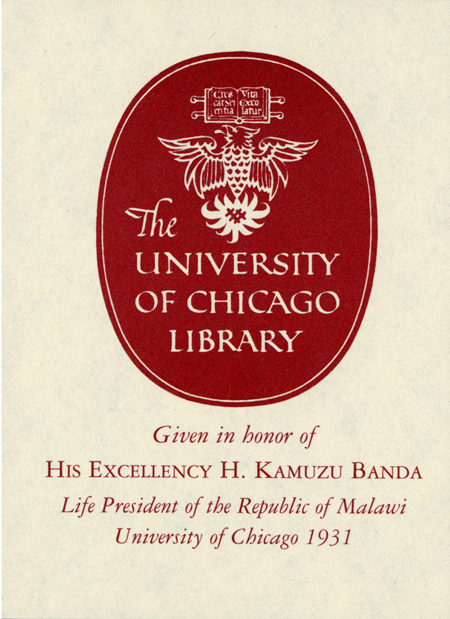Review by Choice Review
Moving away from more traditional thematic approaches, Frindethie (Appalachian State Univ.; author of the acclaimed The Black Renaissance in Francophone African and Caribbean Literatures, CH, Dec'08, 46-1954) explores how African films and Western theory (e.g., Saussure, Deleuze, Lacan) interact with each other. By no means an overview of African cinematic production, this is a unique book with original insights. The author divides the first third of the book into six short chapters and in each analyzes one or two key African films (produced both north and south of the Sahara) through the lens of various theoretical approaches. He devotes the last two-thirds of the book to longer discussions of economy, society, and culture in ancient Africa; French colonization and imperialism, especially in Cote d'Ivoire; and the cruel politics of exploitation of King Leopold II and Belgium in the Congo. These long discussions are more than contextual backgrounds for the films discussed in the chapters; they actually constitute their core. The originality of the book is matched by the breadth and depth of its author's knowledge not only of African cinema but also of politics, culture, theory, and history. Summing Up: Essential. Upper-division undergraduates through faculty. S. Vanbaelen Butler University
Copyright American Library Association, used with permission.
Review by Choice Review

